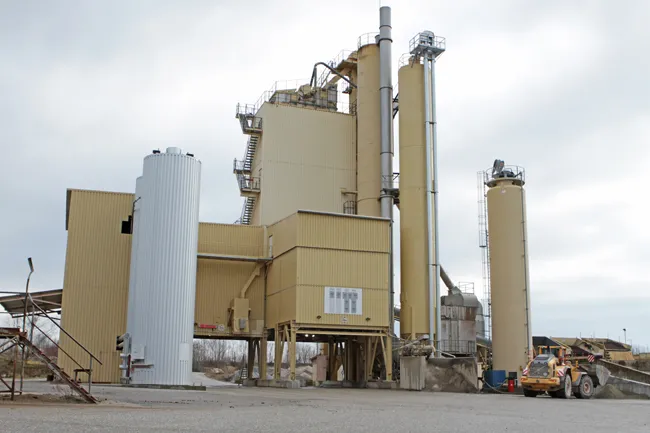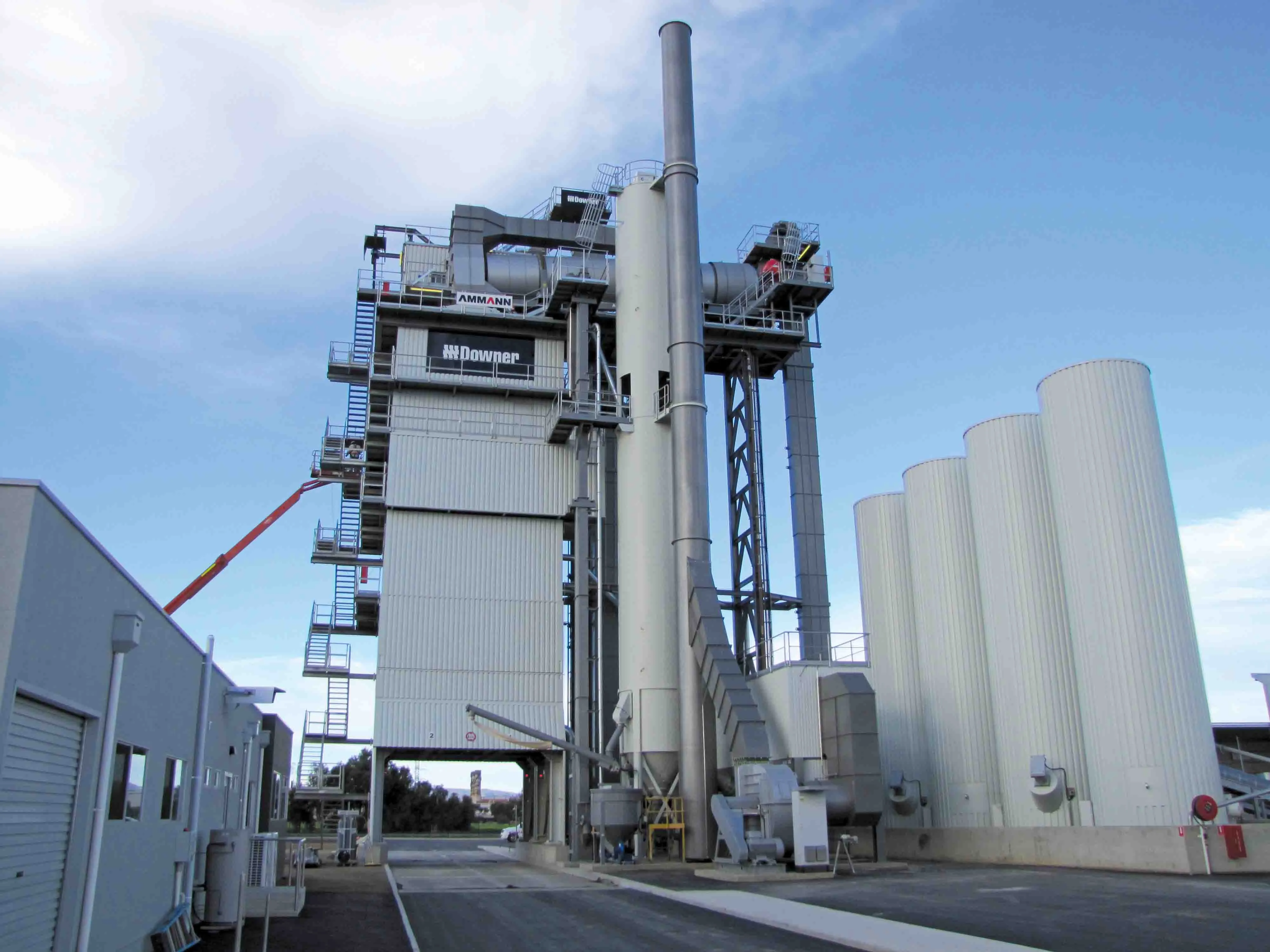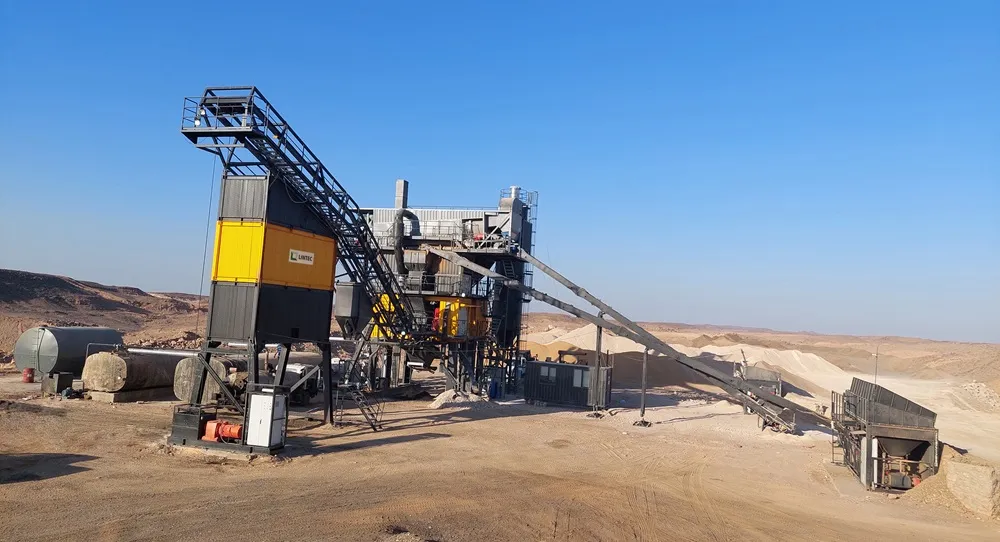
However, the reconfigured plant now features eight silos in all, allowing a total capacity of 640tonnes. The new silos have not only boosted capacity But they have also helped to increase efficiency.
The firm said that the key to this improved efficiency has been more versatility. According to this Meier, the asphalt supply market has changed in the last 20 years. Its customers now request a wider range of hot mixes, featuring different material types and an array of bitumen grades. These can be specified to suit the needs of certain applications.
At the same time batch sizes may be small so that an asphalt producer might be delivering anything from 10-15 different mixes/day. Because of this need for quick changes between batch types, versatility is crucial.
The Ammann team did need to address some difficult issues for the plant upgrade. One of the biggest challenges was working out how the new silos would fit into the existing site, with its space constraints. One of the solutions included installing a silo within the mixing tower itself.
Another challenge was ensuring that batch production continued while the plant was being reconfigured. This was achieved by using a new shift pattern, producing asphalt from 6am to 2pm and then carrying out the upgrade work within the following eight hour time slot.
Now that the plant has been reconfigured, the customer says it is able to even produce mixes up to days in advance of them being required on-site, as these can be stored in the new silos due to the extra capacity. The firm can produce smaller batches more easily as a result, as the larger orders are generally ordered further in advance and can be produced and then stored until required.









